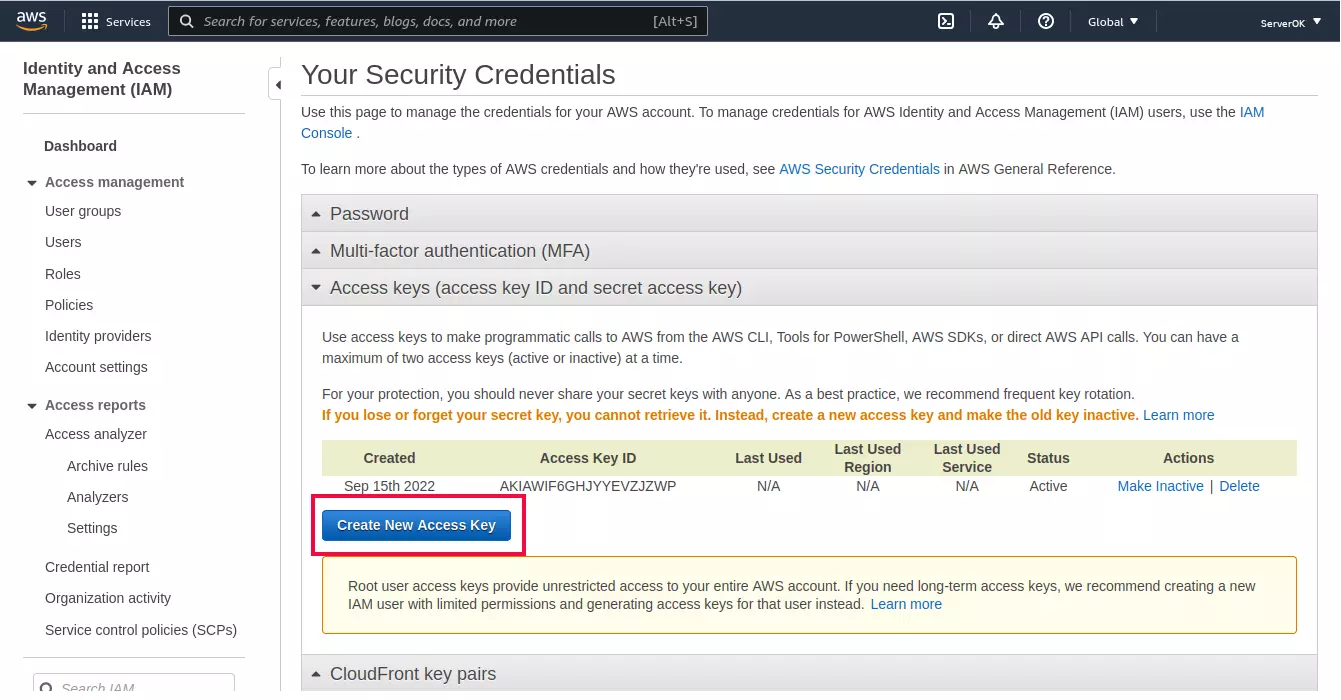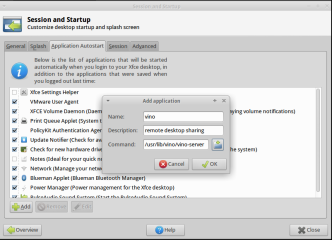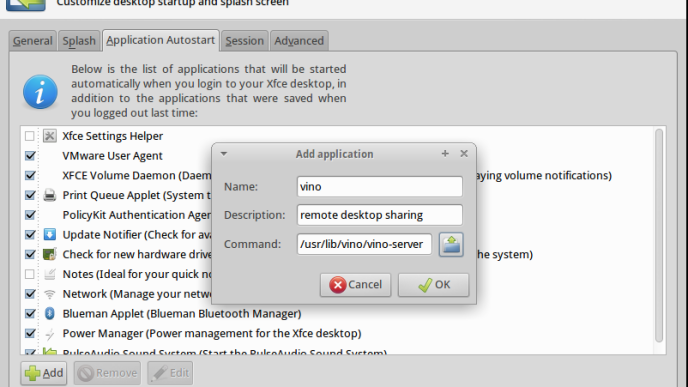To export DNS Records for a domain, you can use AWS CLI.
First, you need to make an Access key to use with AWS CLI. To configure AWS CLI, run the command
aws configure
You need to enter “Access Key ID:” and “Secret Access Key”. You can generate these in the AWS console by clicking on your name in the right top corner. Then from the drop-down menu, select “Security Credentials”. This will take you to page
https://us-east-1.console.aws.amazon.com/iam/home?region=us-east-1#/security_credentials
In the above URL us-east-1, can be changed with any region code.

On this page, expand “Access keys (access key ID and secret access key)”, then to create Access Key, click on the “Create New Access Key” button.
To list all DNS Zones, use the command
aws route53 list-hosted-zones --output json
From the result, you need to find the numeric id of the hosted zone.
Example
boby@sok-01:~$ aws route53 list-hosted-zones --output json
{
"HostedZones": [
{
"Id": "/hostedzone/Z049372530XJK28PE5FZG",
"Name": "serverok.in.",
"CallerReference": "62949efe-088c-44fc-8f02-5f3f5b9fafc3",
"Config": {
"Comment": "My DNS Zone",
"PrivateZone": false
},
"ResourceRecordSetCount": 18
}
]
}
boby@sok-01:~$
In the above example, the zone id is Z049372530XJK28PE5FZG
To list all DNS records for the zone, use the command
aws route53 list-resource-record-sets --hosted-zone-id ZONE_ID_HERE --output json
You can use jq command to list DNS records in non json LogFormat
aws route53 list-resource-record-sets --hosted-zone-id Z049372530XJK28PE5FZG --output json | jq -jr '.ResourceRecordSets[] | "\(.Name) \t\(.TTL) \t\(.Type) \t\(.ResourceRecords[]?.Value)\n"'
In the above command, Z049372530XJK28PE5FZG is the zone id for the domain. Replace it with your DNS zone id.





